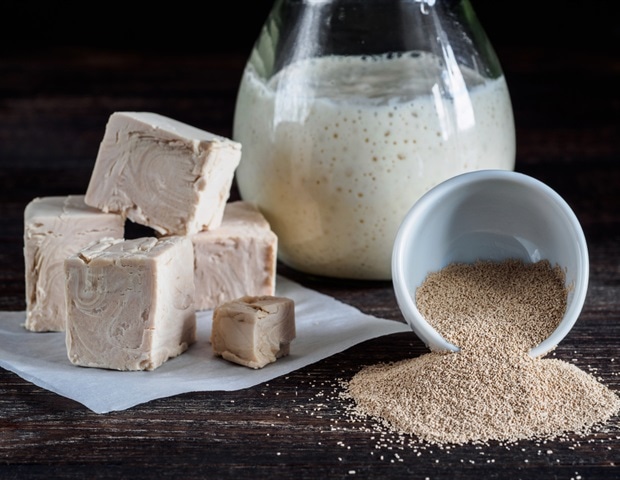Herbal medicine is difficult to produce on an industrial scale. A team of Kobe University bioengineers manipulated the cellular machinery in a species of yeast so that one such molecule can now be produced in a fermenter at unprecedented concentrations. The achievement also points the way to the microbial production of other plant-derived compounds.
Herbal medicinal products offer many beneficial health effects, but they are often unsuitable for mass production. One example is artepillin C, which has antimicrobial, anti-inflammatory, antioxidant, and anticancer action, but is only available as a bee culture product. The Kobe University bioengineer HASUNUMA Tomohisa says: " To obtain a high-yield and low-cost supply, it is desirable to produce it in bioengineered microorganisms which can be grown in fermenters .
" This, however, comes with its own technical challenges. To begin with, one needs to identify the enzyme, the molecular machine, the plant uses to manufacture a specific product. " The plant enzyme that's key to artepillin C production had only recently been discovered by YAZAKI Kazufumi at Kyoto University.
He asked us whether we can use it to produce the compound in microorganisms due to our experience with microbial production, " says Hasunuma. The team then tried to introduce the gene coding for the enzyme into the yeast Komagataella phaffii , which compared to brewer's yeast is better able to produce components for this class of chemicals, can be grown at higher c.


















